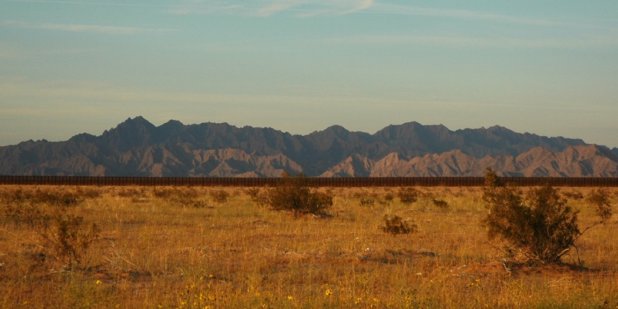- About
- Topics
- Story
- In-Depth
- Picks
- Opinion
- News
- Donate
- Signup for our newsletterOur Editors' Best Picks.Send
Read, Debate: Engage.
Rather than going deep into the causes and the nature of the Syrian conflict, which is as, if not more complex than the Afghan situation, it’s better to look at some of the routes taken by Syrians, and their desired destinations.
Camps have been set up in Jordan, Lebanon, Iraq, Turkey and Egypt. Here is a tour of one in Jordan.
And here is one which is a gamification of refugee camps, in general.
EU Refugee Policy
The EU is committed to granting asylum to those suffering persecution or serious harm in their own country, and has its legal basis in the Geneva Convention. Since EU member states share open borders, a joint-approach to refugee issues is considered by national leaders like Francois Hollande and Angela Merkel as imperative to ensuring a robust approach to solving the refugee crisis. The Dublin Regulation is a rule that allocates a single member state of the EU shall determine the asylum application of the applicant; this is to stop asylum seekers from lodging multiple asylum claims. The asylum claims made in Greece by Syrian refugees, however, have come under heavy scrutiny.
However, the EU’s approach to the Syrian refugee crisis has been woefully slow, and no resolution being adopted by the member states. Like Afghanistan, escaping Syria is a necessity for many, but access to escape is difficult – and the borders are dangerous. When trying to get to Europe, the land route is arduous and riddled with challenges. So many Syrians attempt to come by sea. The New York Times produced the following example to demonstrate a Syrian’s potential sea-route:
Where in Afghanistan, refugees had to face a wall of fire at the border, land-mines and drone-strikes, Syrians brave the sea on boats. Here the access to escape has been exploited by smugglers and “experts” who require payment to get people to the boats. The testimony from many Syrians is that the boats are unsafe, the safety provisions non-existent – and many die on the way to Italy.
Europe has not proven a safe-haven for escapees of the Syrian conflict; with many people settled in areas of extreme hardship, such as the Island of Kos in Greece, or in Heidenau in Germany; places where anti-migrant feeling is strong, and the EU response has been called the equivalent of dumping.
FRONTEX has assessed that nearly half of the refugees entering Europe are from Syria – and many are doing so illegally, through airports.
Local politics has made this very messy indeed.
